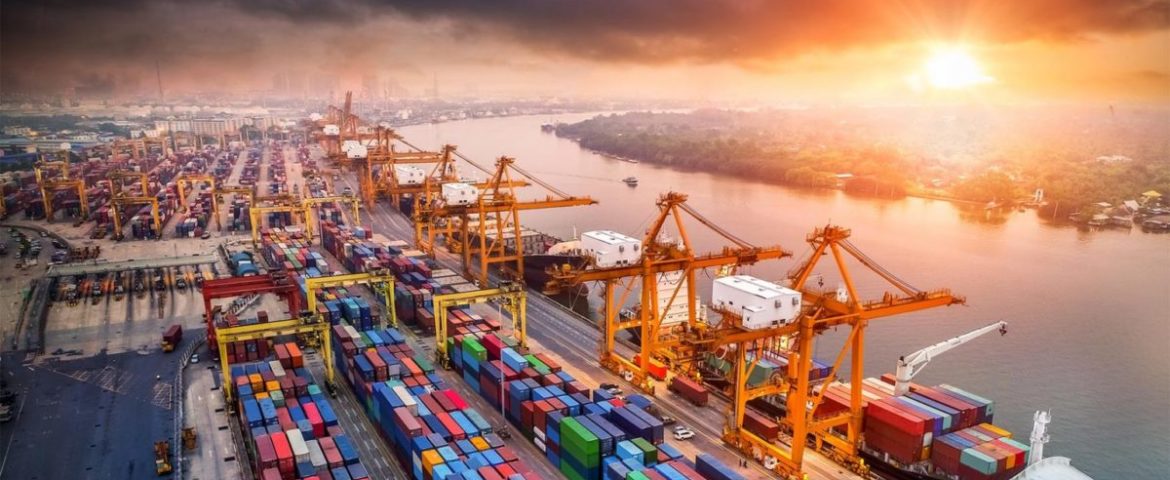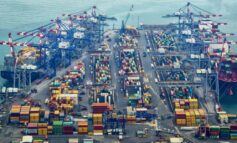The UK, after claiming that the EU had been holding back the development of UK’s ports, launched a UK Freeports initiative as a major instrument to shape the UK’s economic development post-Brexit
Up to 10 Freeports are foreseen. These Freeports are to be privately developed in rail, air and seaports -probably mainly the seaports- and to be selected through a competitive bidding process. The UK has launched a public consultation to develop its freeport policy.
The Freeport (or freezone) model works well in a variety of countries, including UAE and Panama. the key benefit of freeports in general is lower import taxes. However, a freeport status is certainly no guarantee for success and freeports have disadvantages too.
First, they create a different treatment of companies inside and outside a Freeport area. Thus, it may spur regional economic development in one place at the expense of development in other places.
In addition, they may lead to an unfair playing field between firms inside and outside freeport areas as well as distorted competition between ports in the UK, some with a freeport status and others not.
Finally, freeport policies may erode the tax base of a country – especially if the firms that invest in the freeport area would have invested in the country in any case.
Thus, the freeport approach is best suited for relatively small developing economies for which attracting Foreign Direct Investment (FDI) in manufacturing is a key to economic growth.
One of the key challenges for the UK is the ability to develop the freeports policy in such a way that the freeports mainly attract manufacturing that otherwise would have been done outside the UK.
If the freeports attract investments in logistics, services and manufacturing for the domestic market, they create benefits for the freeport developers as well as the companies in the freeport, but not for society at large.
Is such a targeted approach a realistic policy ambition? I am not convinced (yet); the UK has gradually transformed to a service economy, it is hard to imagine a reversal of that trend.
In addition, the trade tariffs on most products are actually very low (or non-existent). Furthermore, getting stakeholder support for attracting manufacturing activities may be challenging – that is the case in ports in all developed economies.
Finally, policies aimed at attracting specific types of activities are risky: the (free)ports may find out that there is more potential in attracting other activities, such as warehousing, sustainable energy production, circular manufacturing, commercial real estate and the like.
The UK ports certainly deserve a policy that helps them in building their ‘port business ecosystems’. And this initiative may help getting such a policy. But the visionary tale of ten new freeports that allow the UK to dramatically improve its standing as a trade nation may turn out to be quite a bit overblown.
And I would not be surprised if the idea of selecting up to 10 freeports is abandoned and replaced with policies that apply to all UK ports.
* The viewpoint has been first published at Peter’s column the Analyst at Port Strategy













